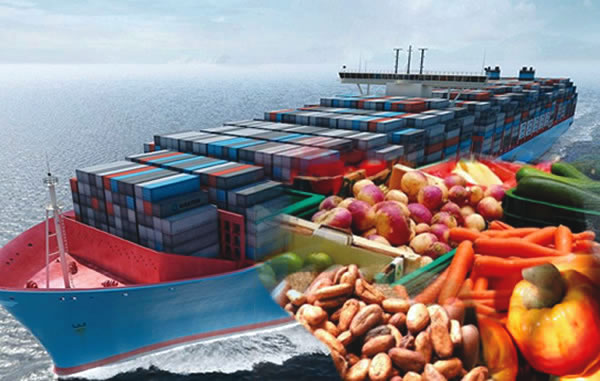The Special Agro-Industrial Processing Zones (SAPZ) program, recently launched in Nigeria, holds immense promise for revolutionizing the country’s agricultural sector and transforming the livelihoods of farmers. This ambitious initiative, spearheaded by the African Development Bank (AfDB) with support from international partners like the Islamic Development Bank and the International Fund for Agricultural Development, aims to establish agro-processing hubs across the nation. The initial phase of the project, backed by a $210 million commitment from the AfDB, out of a total of $538 million, signifies a significant step towards modernizing Nigeria’s agricultural landscape and unlocking its vast potential.
Stakeholders across the agricultural sector have expressed optimism about the SAPZ program, viewing it as a game-changer with the potential to address critical challenges and drive sustainable growth. The program’s core strategy involves establishing processing facilities in close proximity to raw material sources, effectively eliminating the perennial problem of factory shutdowns due to input shortages. This strategic approach ensures a consistent supply of raw materials, enabling processors to operate at full capacity and maximize output. Moreover, the SAPZ model fosters value addition, allowing farmers to process their produce and capture a larger share of the value chain, thus transitioning from mere producers to wealth creators.
The SAPZ program’s success hinges on collaboration between various stakeholders, including state governments, the private sector, and international development partners. The shared commitment and financial contributions from these entities ensure the program’s sustainability and long-term viability. State governments play a crucial role in providing necessary infrastructure and facilitating the smooth operation of the processing zones. The private sector’s involvement brings in technical expertise, investment capital, and market access, creating a dynamic ecosystem that fosters innovation and growth.
The benefits of the SAPZ program extend beyond increased agricultural output and value addition. By creating a localized processing ecosystem, the program reduces post-harvest losses, enhances food security, and boosts agro-exports. The proximity of processing facilities to farms minimizes transportation costs and ensures that produce reaches consumers in optimal condition. Furthermore, the SAPZ model addresses Nigeria’s energy challenges by incorporating independent power generation within the processing zones, mitigating the reliance on expensive and unreliable diesel-powered generators. This self-sufficiency in energy supply ensures uninterrupted operations and reduces production costs.
The SAPZ program draws inspiration from successful agricultural clusters in developed countries like the United States, where collective processing and mechanization have empowered farmers and boosted agricultural productivity. By replicating this model in Nigeria, the program aims to create a similar transformation, empowering smallholder farmers and fostering the growth of agribusiness. The establishment of processing zones provides farmers with access to modern equipment and technology, enabling them to enhance their farming practices and increase yields.
The SAPZ program has garnered widespread support from farmers’ associations and agricultural stakeholders. They recognize the program’s potential to transform the agricultural landscape and improve the livelihoods of millions of farmers. The program’s emphasis on value addition, reduced post-harvest losses, and enhanced market access resonates with farmers who have long struggled with the limitations of traditional farming practices. The program’s decentralized approach, with processing zones strategically located across different states, ensures that farmers across the country can benefit from its transformative impact. The enthusiasm and support from the farming community underscore the program’s relevance and potential to drive sustainable agricultural development in Nigeria.


